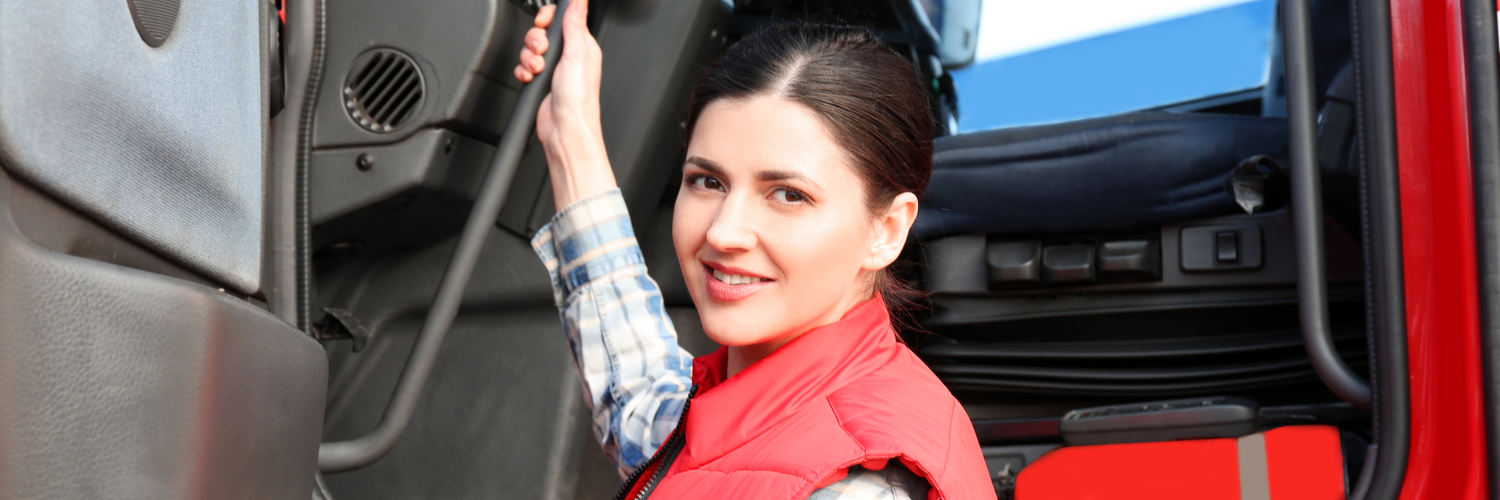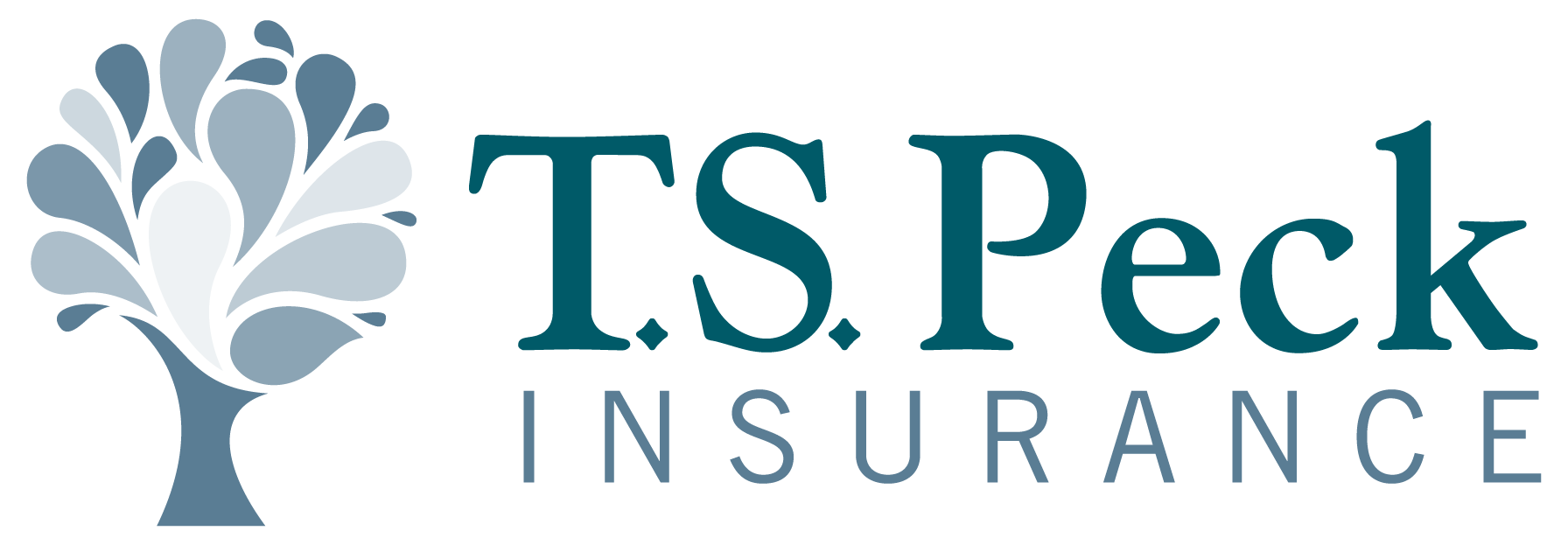Commercial Trucking Insurance in Vermont


What is Commercial Trucking Insurance?
Businesses that own and operate trucks are exposed to a wide range of potential risks, including both property- and liability-related risks. Commercial trucking insurance helps protect Vermont businesses that run commercial trucks from many of the perils they face.
Commercial trucking insurance policies are specialized commercial vehicle insurance policies. They’re typically written as package policies that contain multiple coverages, some of which are broadly applicable to lots of different vehicles and others of which are more particular to trucks.
Get a Quote
“I just wanted to take a moment to let you know how great I think Caroline Collins is. – Every time I call to update my policy(and I have updated it a lot over the years) Caroline has been nothing but amazing to deal with. She takes care of all my needs in real time which is amazing. She is very personable, always respectful, extremely knowledgeable, and just all around awesome to deal with. I truly enjoy dealing with her and think she is a huge asset to your business from where I sit.”
“Friendly and prompt – I have been with T.S Peck for many years and have no complaints with their trusted service. They have always taken a friendly approach to their craft and are always willing to answer all of my questions!”
“We Contacted T.S Peck Insurance to inquire about auto insurance/ After with with Jake, we explored combining our auto and home insurance, in turn realizing a big savings.”
“When I called for a quote, my agent was personable and helpful. He always got back to me quickly with answers, which is extremely important. The entire process was handled in a timely manner and was able to meet my expectations and beyond.”
“Jake Hynes and the folks at T.S. Peck have been awesome to work with! As a recent start-up, we were new to the “buying business insurance” scene. One phone call and all our concerns were laid to rest. The service has been great and the prices are very competitive. We recently price shopped again and found we were still in the best hands!”

What Businesses in Vermont Need Commercial Truck Insurance?
Most businesses in Vermont that own commercially licensed trucks need commercial truck insurance for these vehicles. The state generally requires vehicles driven on public roads in the state to be insured, and this is normally the most appropriate way to insure these particular vehicles.
A few examples of businesses that may have commercially licensed trucks and therefore, need a commercial truck insurance policy include:
- Car transport companies that run duallys with trailers or car haulers
- Waste disposal companies that run garbage or recycling trucks
- Contractors that have commercially licensed pickup trucks and/or flatbeds
- Moving companies that have box trucks and/or 18-wheelers
- Delivery companies with box trucks
- Freight companies with semis and/or box trucks
- Tradespeople and farmers with commercially licensed trucks
Business owners who are unsure whether their business’ vehicles need commercial truck insurance should seek insight from an insurance agent who specializes in these policies. A knowledgeable agent will be able to make an informed recommendation based on the coverages that these policies offer and what a business’ vehicles need.
What Coverages Do Commercial Trucking Policies Offer?
As mentioned, commercial trucking policies normally come with multiple coverages. Some of the more commonly offered ones include:
- Liability Coverage, which may cover injuries and damage that a driver is found responsible for
- Physical Damage Coverage, which may cover damage that a truck sustains in a collision or other incident
- Unidentified Trailer Coverage, which may cover trailers not owned by a business
- Trailer Cargo Coverage, which may cover cargo that’s being hauled in a truck or trailer
- Uninsured and Underinsured Motorist Coverage, which may cover accidents caused by inadequately insured drivers (Unidentified trailer coverage is also called trailer interchange coverage)
In addition to these, owner-operators who drive their truck during non-work time may also need non-trucking coverage. This coverage typically extends protections to times when a truck is being driven for personal reasons, such as on the way home after dropping off a load.

What Sorts of Cargo Do Commercial Trucking Policies Protect?
The trailer cargo coverage included in commercial trucking policies can usually be adapted to cover many different types of cargo. Most insurers offer options for protecting non-perishable goods, perishable goods, hazardous materials and other forms of cargo.
What Factors Affect Commercial Trucking Policies’ Premiums?
Insurance companies look at many different factors when setting rates for commercial trucking policies. All of the following might influence how much a particular policy costs:
- What year, make and model the insured trucks are
- How many miles the trucks are driven annually
- What types of driver’s licenses employees have
- What states the trucks are taken through
- Whether the trucks enter areas that require hard hats
- What type of cargo the trucks carry
Get in touch with our team!

For questions or concerns, please contact our independent insurance agents.
Office: 41 IDX Drive, Suite 135
South Burlington, VT 05403
Office: 158 Lake St,
St Albans, VT 05478
